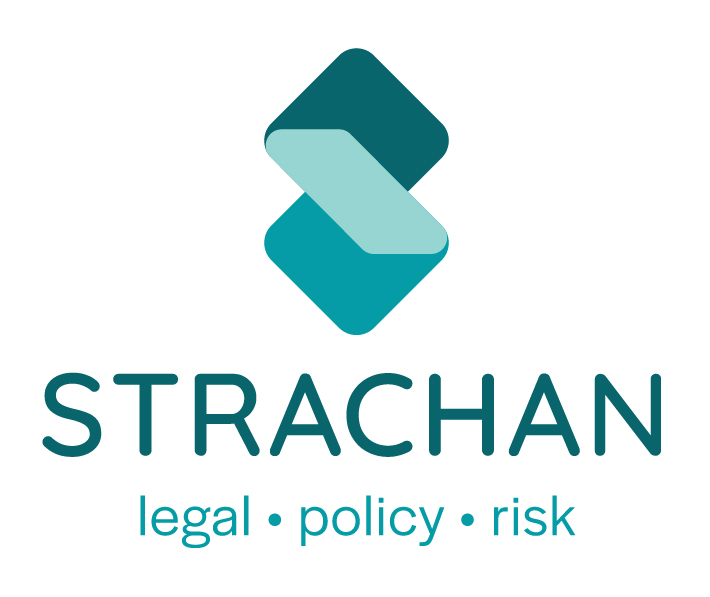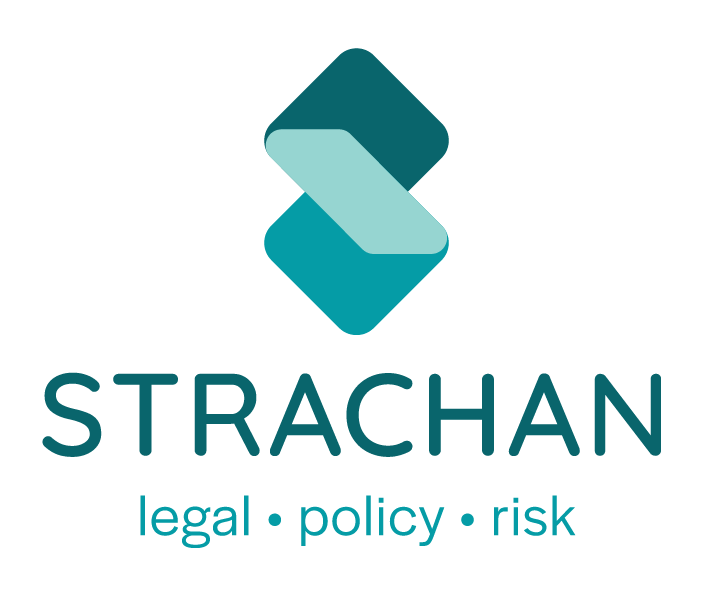To ensure the Australian Public Service has the capability to do its job well and reduce both its reliance and spending on external labour and legal expenses, the Australian Government is rebalancing its workforce. State and local governments are following suit. Key initiatives include:
Rebalancing the public sector workforce will take time and ongoing investment in employee capability.
Strachan is ideally placed to support Australian governments in building their internal legal and policy capability. We have developed a curriculum of essential (core) and specialist (extension) training units to help public sector personnel to acquire or refresh their public law and public policy understanding and expertise.
Our courses can be delivered in-person, online, or way of a hybrid model.
A practical, step-by-step guide to identifying and answering statutory interpretation questions, with a particular focus on correctly framing the relevant interpretive question and providing a concrete methodology that incorporates core approaches and principles.
A practical introduction to the core aspects of strategic policy development (‘Big-P’ policy), covering the identification of public policy problems or opportunities, formulation of credible policy options, selection of regulatory approaches, consultation management, evidence gathering and analysis, selection of preferred options, and post-implementation review.
An introduction to the legislative development process, with a focus on the initial Cabinet and approval stages for legislative proposals, the pre-parliamentary steps of instructing on Bills and reviewing drafts, and the key tasks managed by public servants during the Parliamentary process, including drafting core documents such as statements of compatibility, explanatory memoranda, and responses to scrutiny committees.
A practical guide to navigating the complex and prescriptive legal requirements involved in making subordinate legislation, such as regulations. Key issues include disallowance, sunsetting, and common challenges like retrospective operation, impermissible sub-delegation, incorporation by reference, anticipating scrutiny committee concerns, and avoiding frequent drafting errors.
A practical introduction to formal administrative decision-making under statutory powers. This training offers a hands-on checklist to guide the three key phases: the initial phase (covering delegation instruments, impartiality, independence, non-dictation, and procedural fairness), the decision-making phase (addressing time limits, written reasons, and statutory compliance), and post-decision steps (including internal and merits review).
This training guides legal and legislative policy teams in selecting the appropriate legal vehicle for implementing strategic policy (‘Big-P’ policy). It focuses on assessing whether a policy proposal can be implemented under an existing statutory framework or requires new regulations or legislation.
This module outlines best practice consultation strategies in both policy development and program delivery. It explores emerging practices in regulatory and program ‘co-design,’ critically evaluating both the benefits and challenges. The session also covers effective coordination within the APS and between the Commonwealth, States, and Territories, with a focus on managing proposals that intersect with the policy and delivery functions of multiple agencies and levels of government, particularly in areas where the Commonwealth provides funding but program or policy execution lies with the States and Territories.
The session introduces best practice in program and policy evaluation, focusing on how to identify an appropriate return on taxpayer investment by establishing appropriate metrics for program and policy success.
This session provides a ‘deep dive’ into the mechanics of instructing on legislative drafts. It includes a checklist to identify statutory provisions that raise complex or important issues and builds on earlier training to outline what makes a ‘good’ bill draft. The session also covers how to constructively engage with Parliamentary Counsel to simplify and refine legislative language, with particular emphasis on taking, formulating, and testing policy instructions.
This module offers a ‘deep dive’ into the mechanics of instructing on or drafting, regulations and other types of subordinate legislation. Building on earlier training, the session focuses on drafting issues specific to subordinate legislation.
This training focuses on drafting policy manuals and operational policies (‘small P’ policy). Building on earlier training, the session provides a checklist for developing operational policy that ensures alignment and interoperability with parent legislation and regulations, using Robodebt as a case study. It also outlines best practices, supported by case studies from Commonwealth and State/Territory operational policy materials.
This session provides a ‘deep dive’ into dealing with scrutiny committees, building on earlier training to explore in greater detail the scrutiny principles most relevant to the development of legislation, regulations, and other subordinate legislation. It also covers committee expectations for preparing relevant documents, giving and actioning undertakings, and highlights common mistakes along with strategies to avoid them.
The module draws on direct experience working with major integrity bodies and organisations implementing integrity reforms. It focuses on embedding the new National Anti-Corruption Commission framework by identifying core legal requirements and providing structured best practice guidance on managing corruption risks, with particular emphasis on managing conflicts of interest and ensuring ethical decision-making.
This training focuses on structuring and administering grants, drawing on best practice guidance at both Commonwealth and State/Territory levels. It covers setting coherent objectives and performance measures, designing grants schemes to ensure value for money and accountability, assessing applications, monitoring grants, and conducting scheme review and evaluation.


